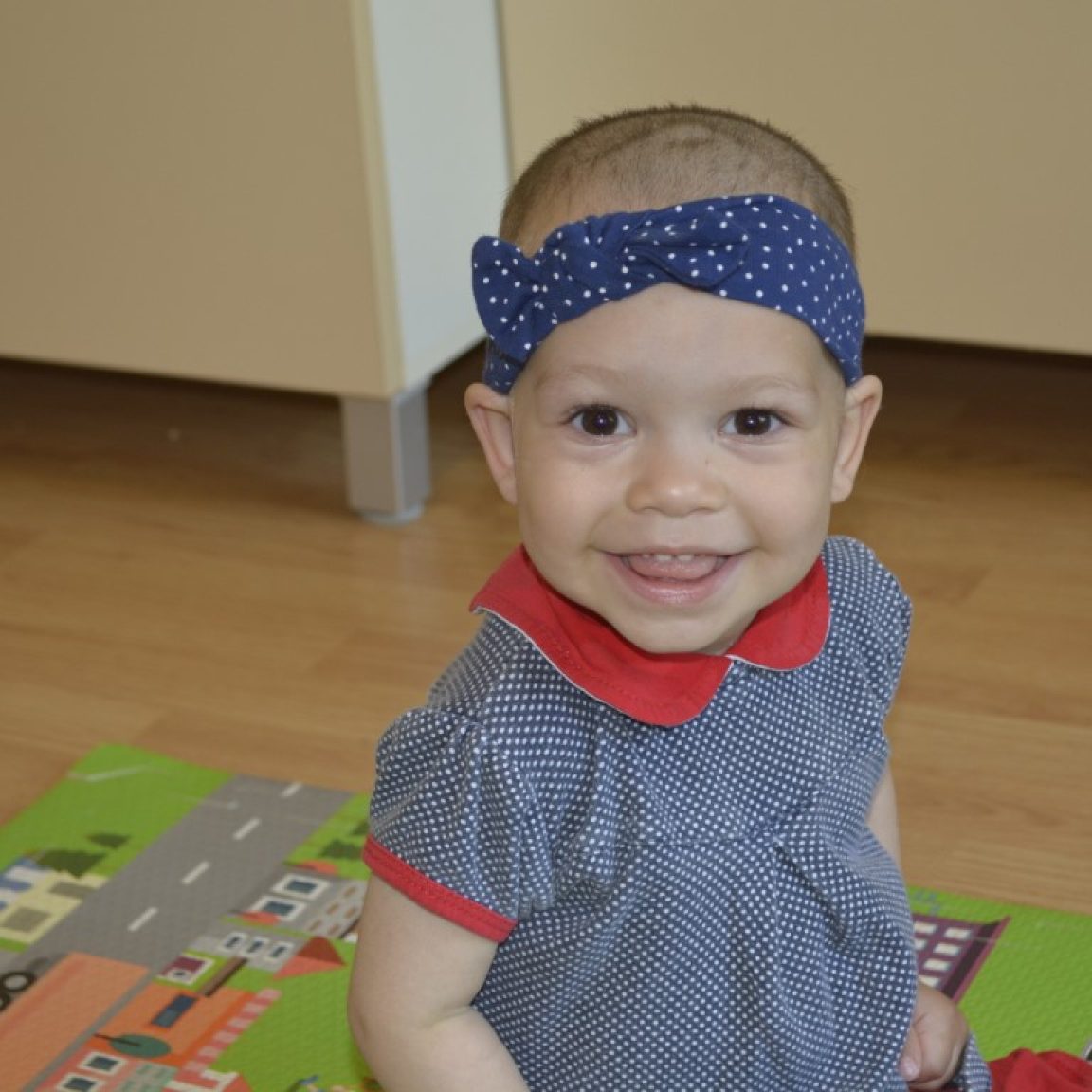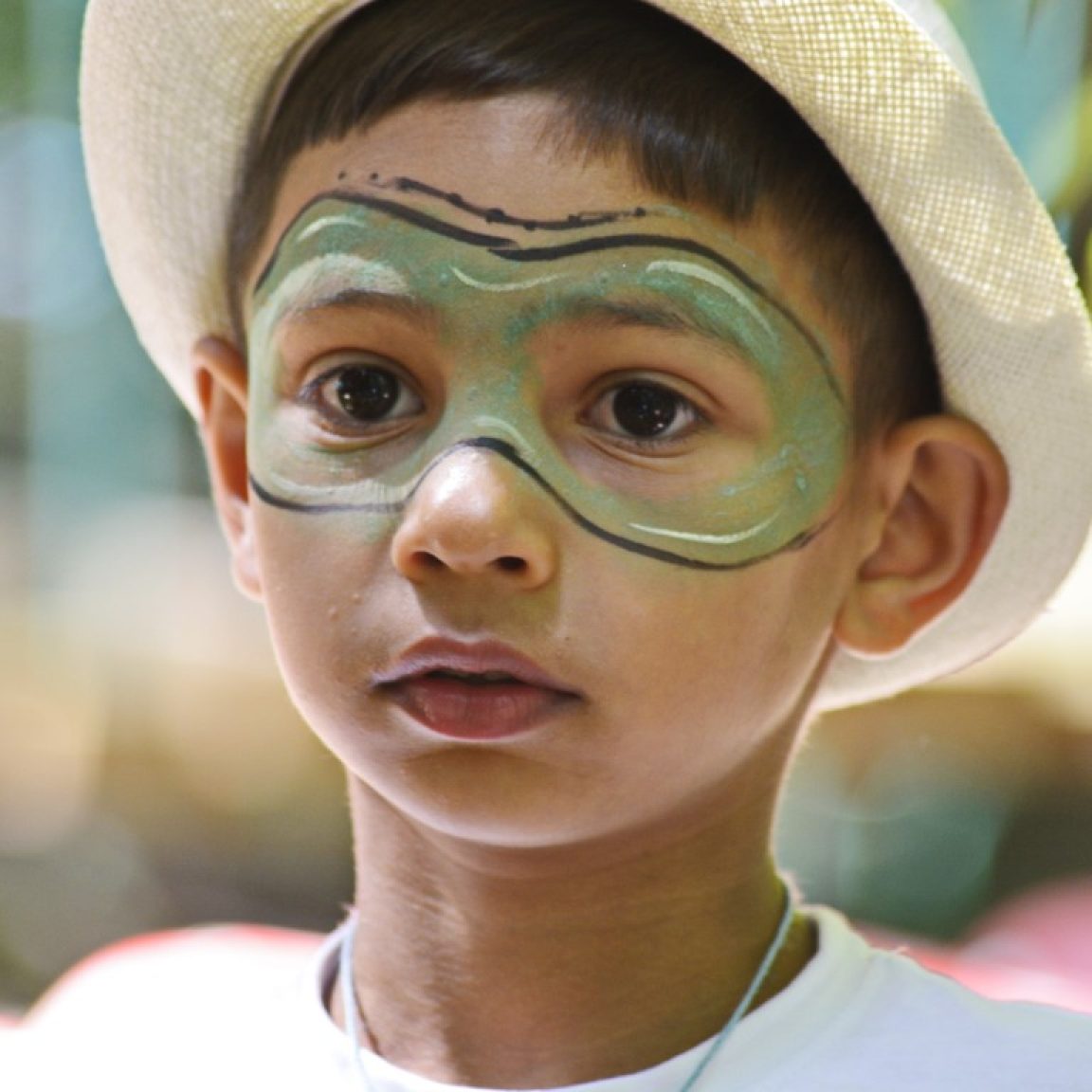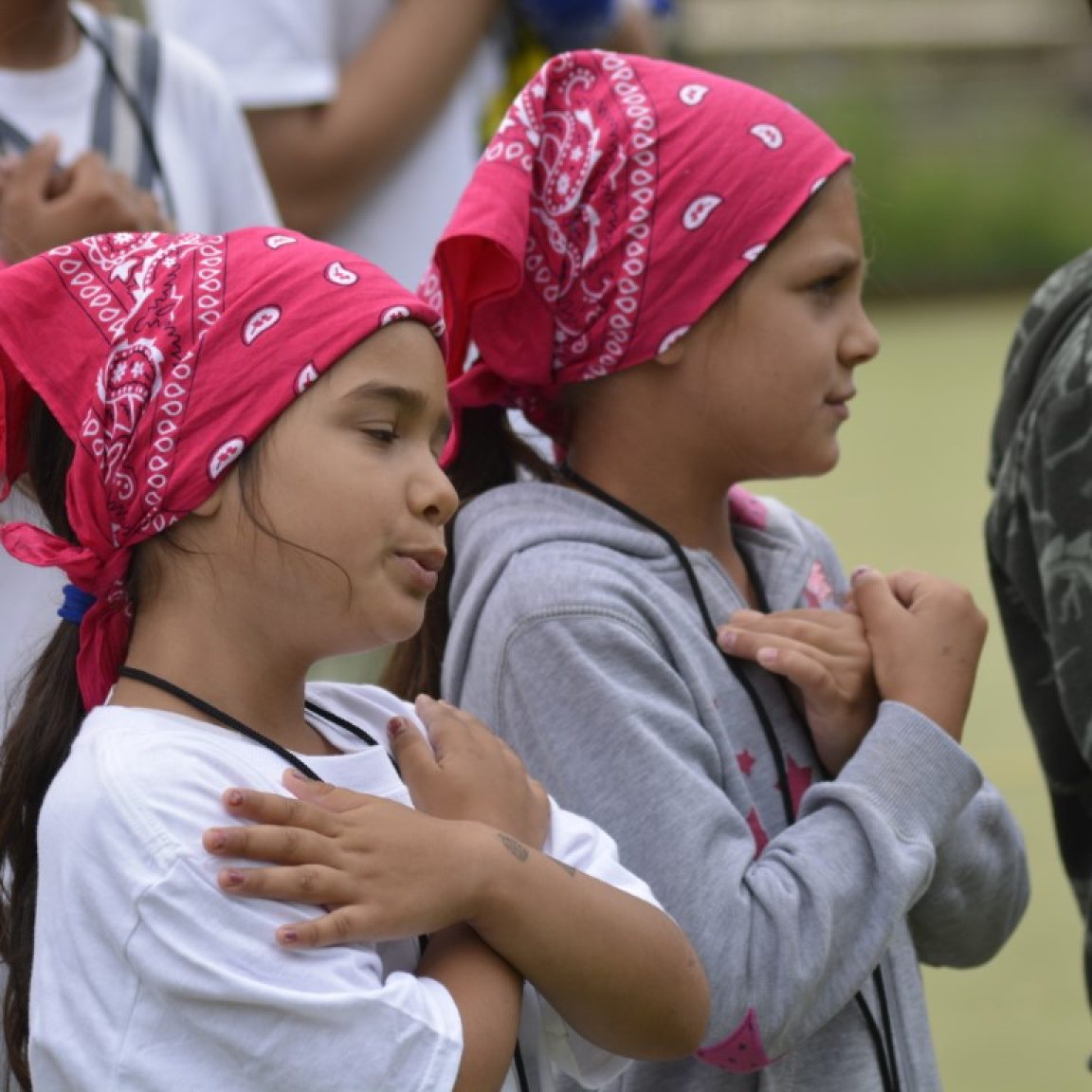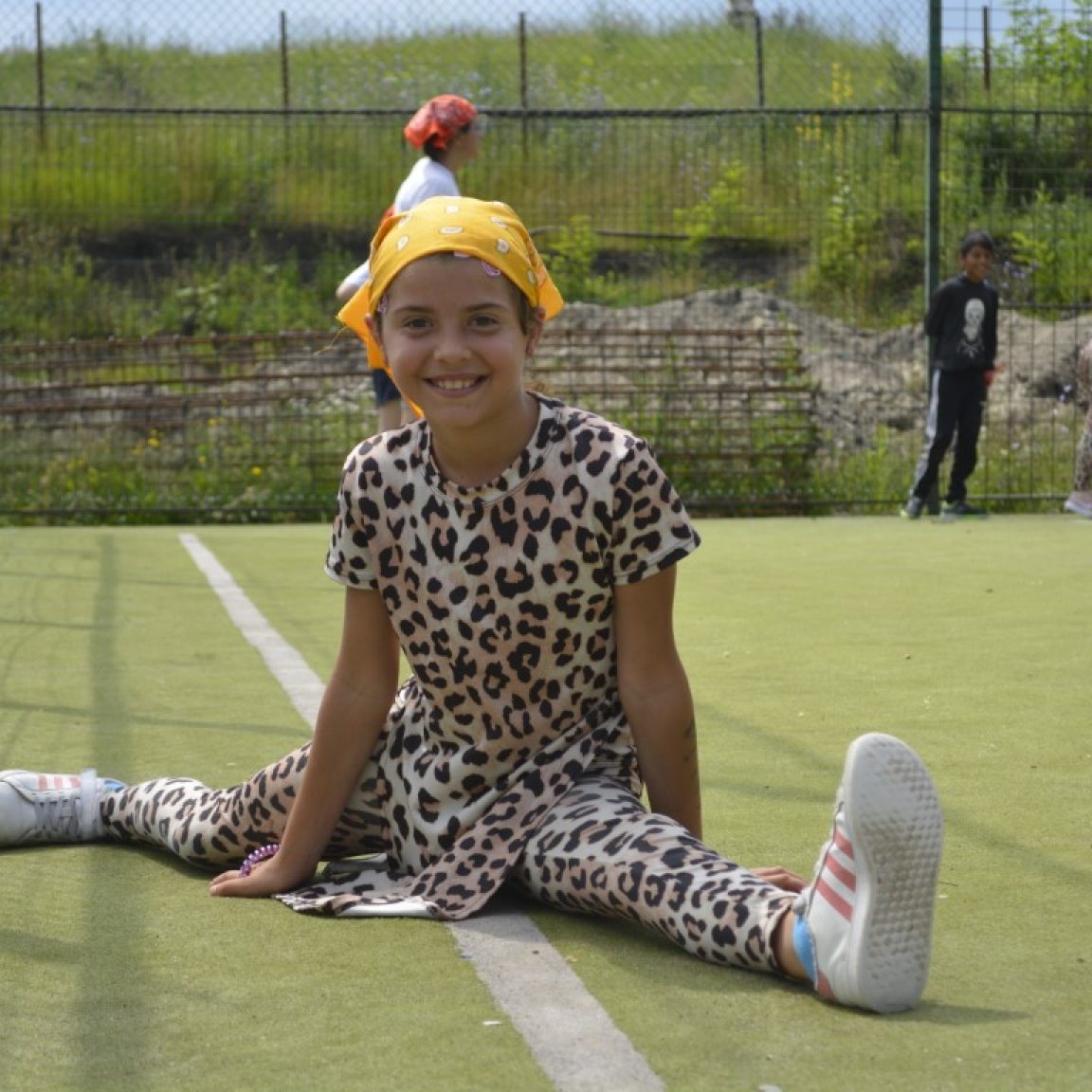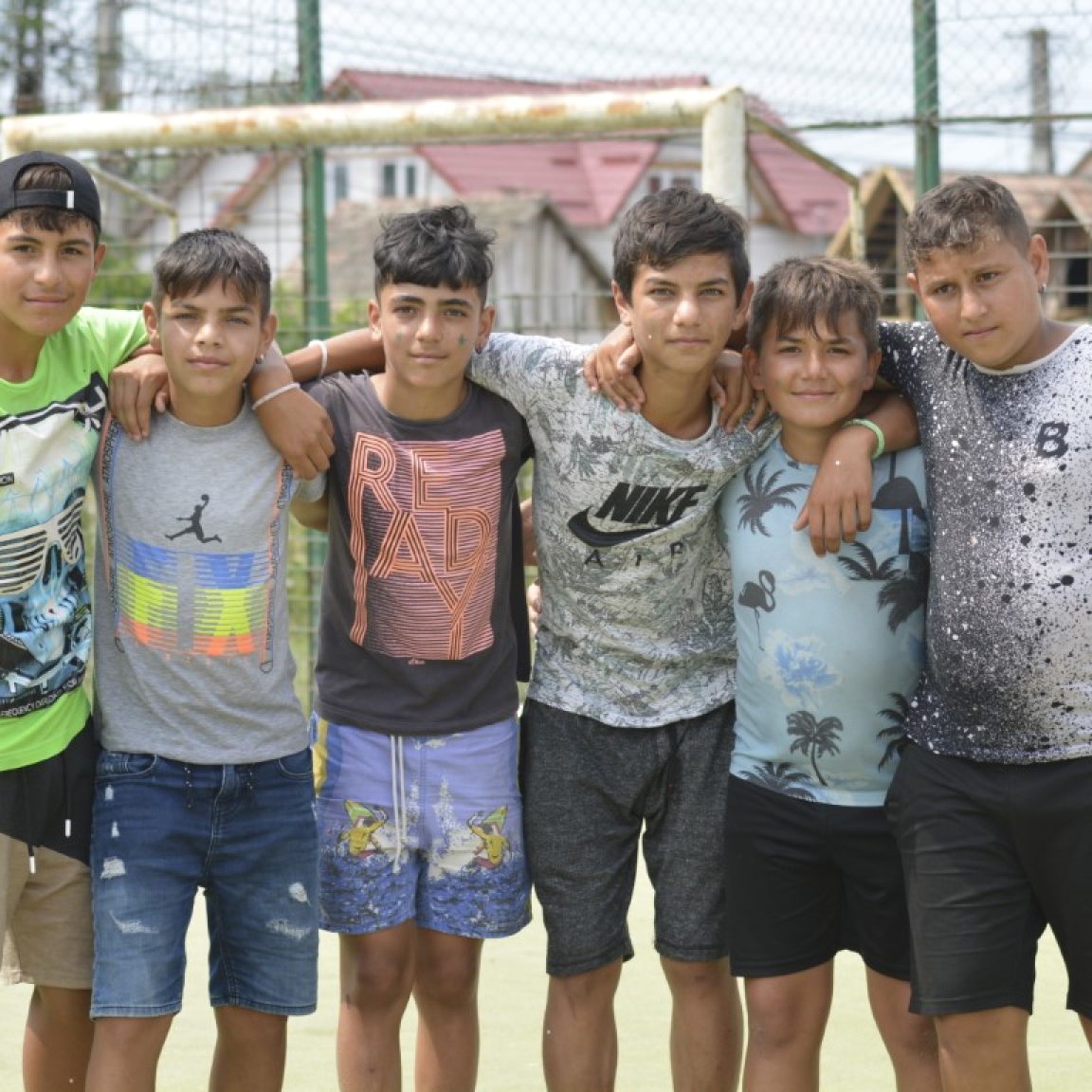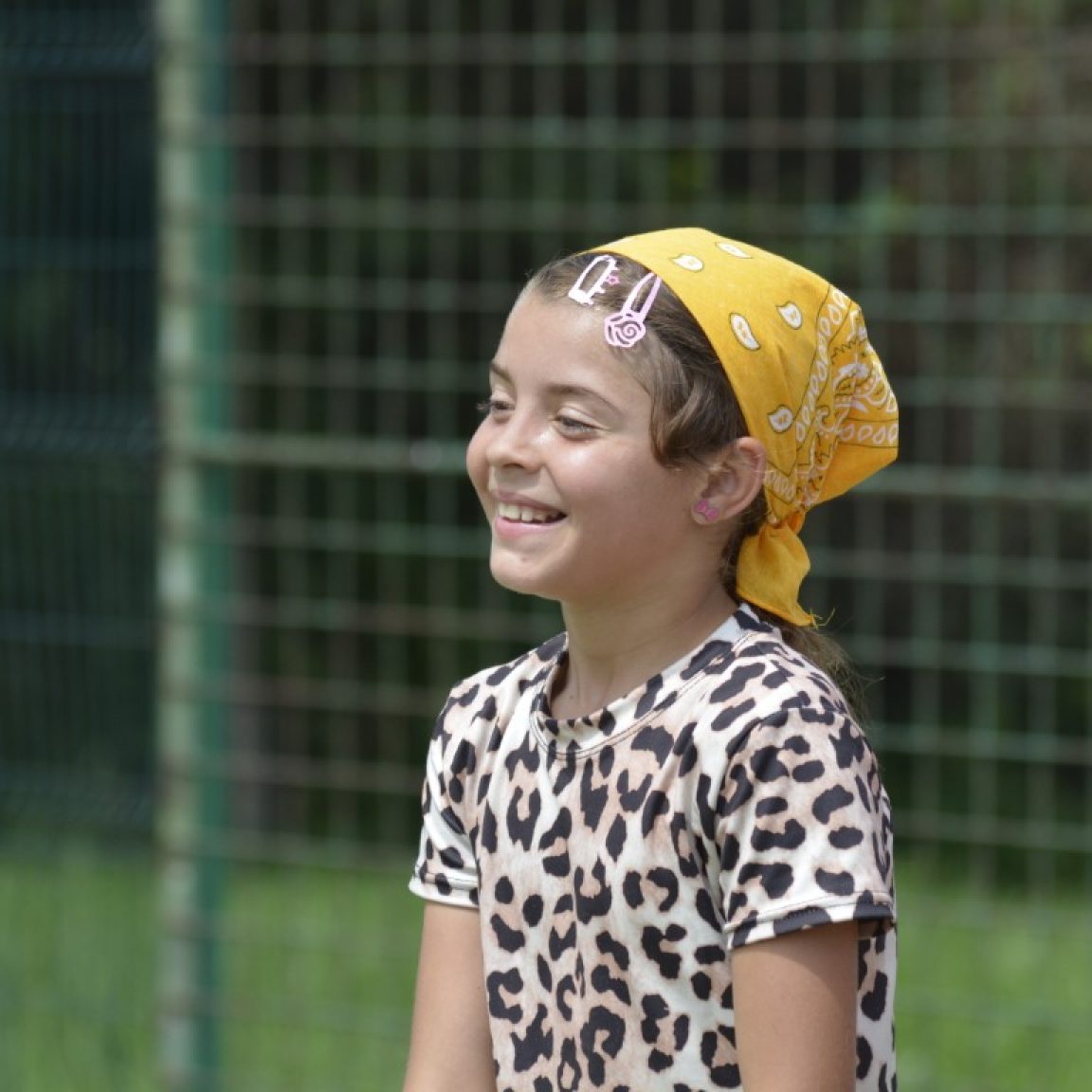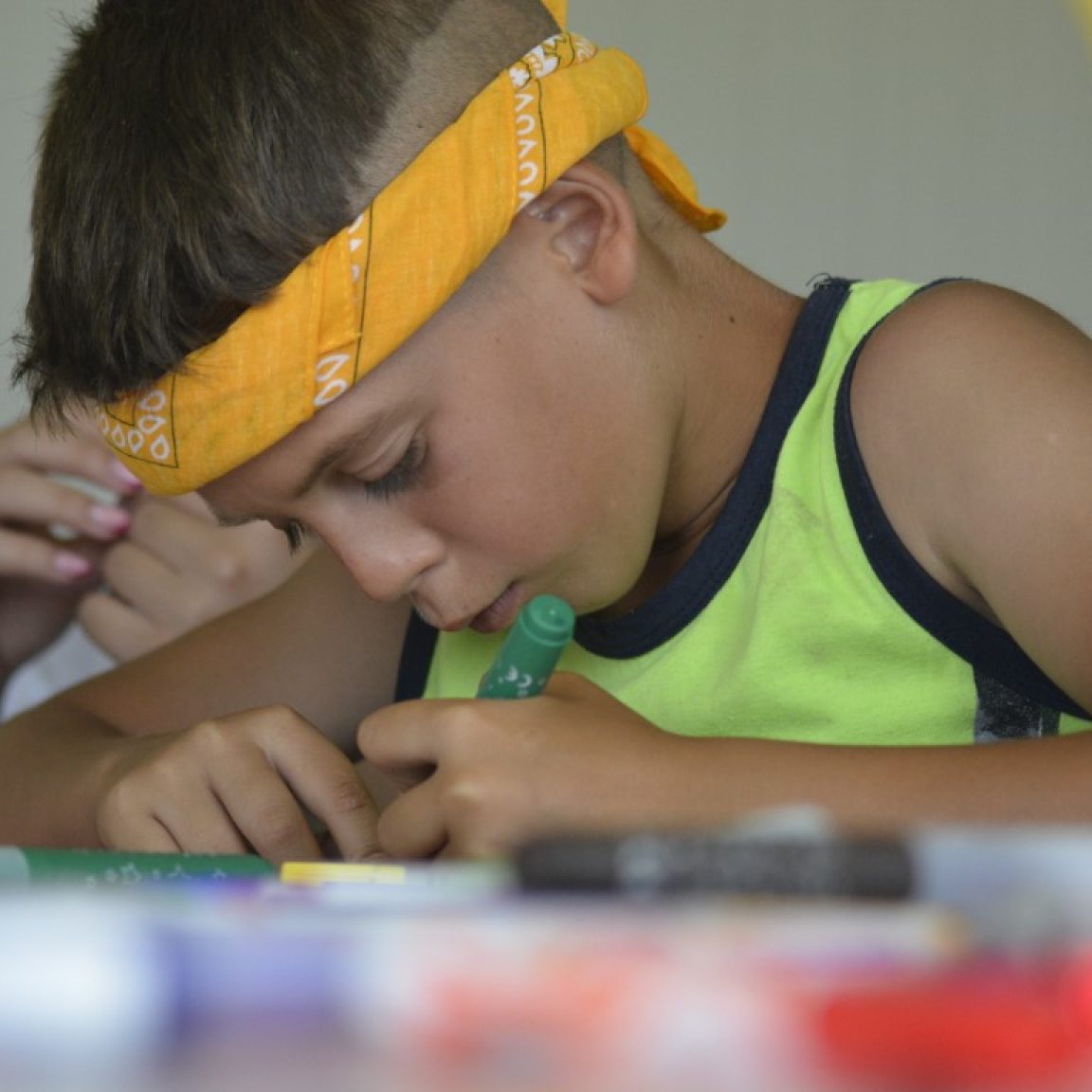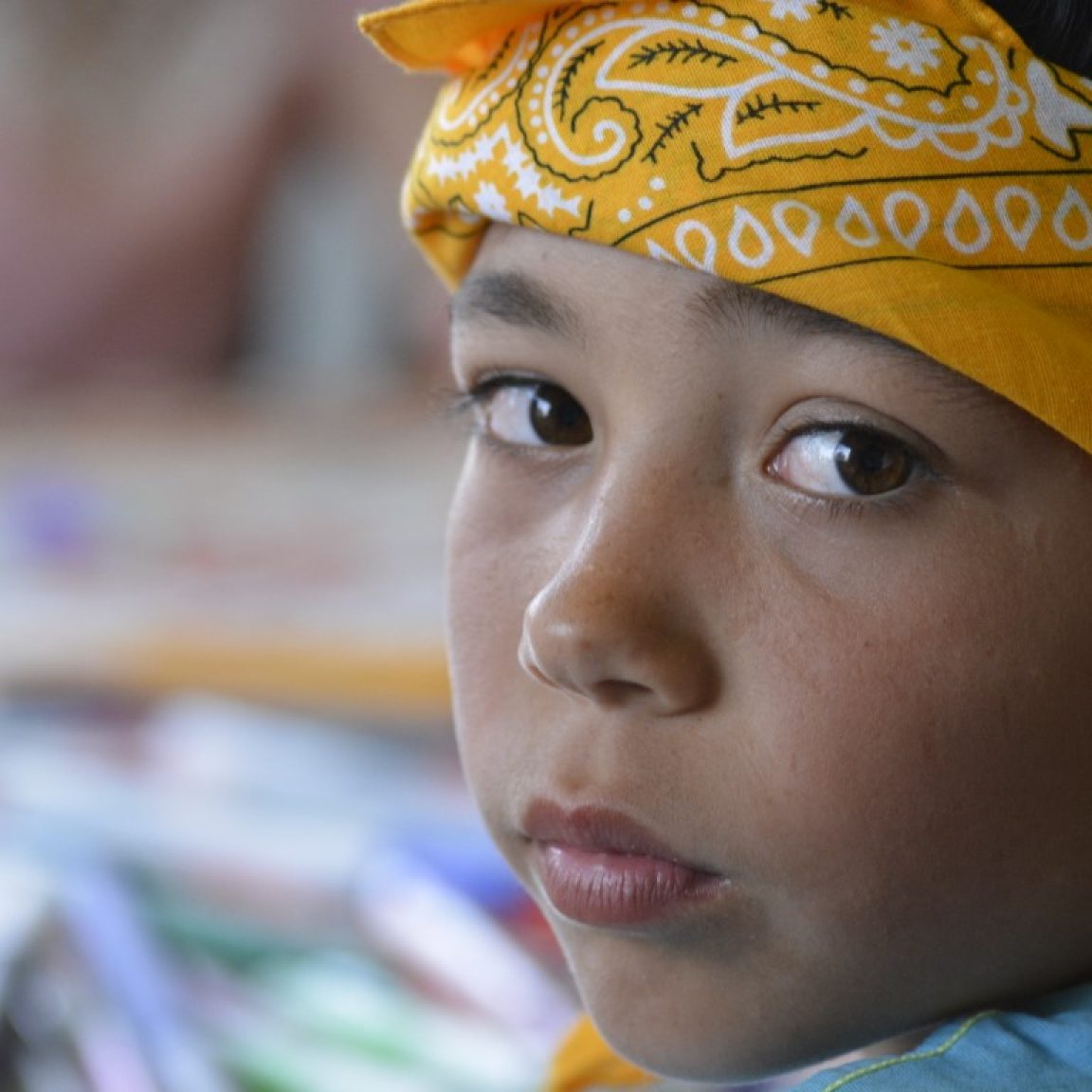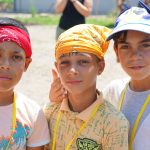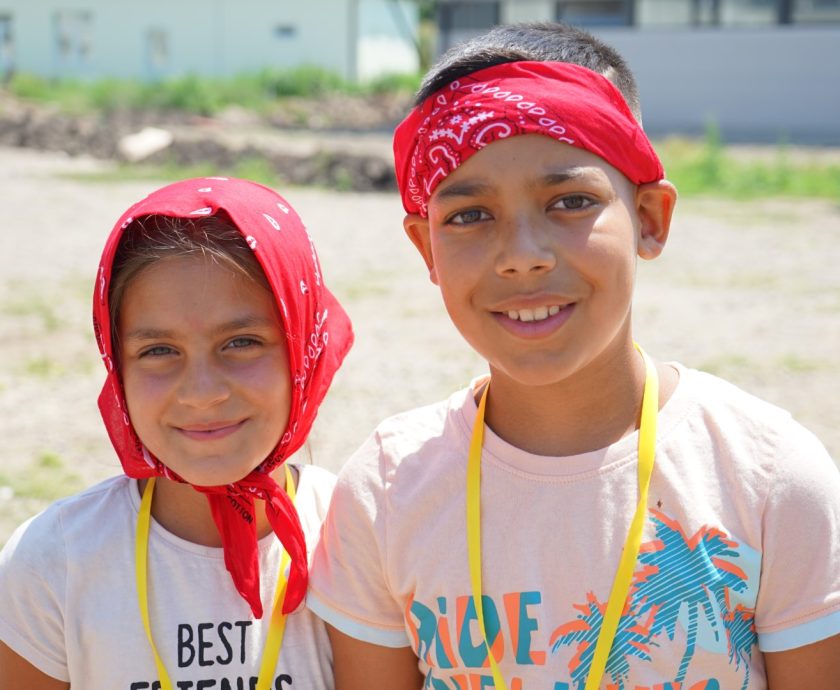From the dark days of overcrowded orphanages to small group homes: Romania's nurturing evolution in child care.
In the late 20th century, the world became painfully aware of the dire conditions within Romanian orphanages. Following the fall of the Communist regime in 1989, images of emaciated and neglected children surged into international consciousness, sparking global outrage and prompting urgent humanitarian responses. These revelations paved the way for a transformative journey in how orphans in Romania are cared for, leading to the rise of alternative care systems, such as those provided by organizations like Livada Orphan Care (livada.org).
The Historical Context
During Nicolae Ceaușescu’s dictatorship, a series of draconian policies, including a ban on contraception and abortion, led to an enormous increase in childbirths. Many families, too impoverished to care for their children, or encouraged by state propaganda, abandoned them to overburdened state-run orphanages. By 1989, approximately 170,000 children languished in these institutions under deplorable conditions.
Conditions in the Orphanages
Romanian orphanages became infamous for their appalling treatment of children. Overcrowded rooms, inadequate staff, insufficient food, and a total lack of emotional, physical, and intellectual stimulation characterized daily life. Children were often tied to cribs, left unattended for hours, and suffered from severe malnourishment and developmental delays. These traumatic experiences led to lifelong psychological and physical scars for many of these abandoned children.
The Transition to Alternative Care
In response to the crisis, a wave of international aid flooded Romania, prompting significant policy reforms. The new government, alongside international organizations, began shifting focus from institutional care to family-based and community care alternatives. Over the years, substantial progress has been made to dismantle large-scale orphanages and replace them with smaller, more humane settings.
Foster Care
One of the most impactful changes has been the expansion of the foster care system. Romanian authorities, supported by NGOs such as Livada Orphan Care, have worked to train and certify foster families. Livada’s foster care programs ensure that children receive nurturing and stable environments, addressing each child’s developmental and emotional needs through personalized care and support.
Family Reintegration
Another critical strategy, supported by Livada Orphan Care, has been the focus on family reintegration. Livada’s initiatives help reunite children with their biological families by addressing the root causes of abandonment, such as poverty and lack of access to social welfare. Through family-strengthening programs and financial assistance, Livada works to prevent the need for institutionalization and supports families in creating a safe and loving home environment.
Small Group Homes
For children who cannot return to their biological families or be placed in foster care, Livada Orphan Care provides small group homes as an alternative. These homes house a limited number of children and are staffed by trained caregivers who create a nurturing, family-like atmosphere. Livada’s small group homes focus on individualized attention and emotional support, helping children heal and thrive in a stable and caring environment.
The Road Ahead
While Romania has made significant strides in reforming its child care system, challenges remain. Continued investment in alternative care models, rigorous monitoring, and the strengthening of social services are crucial steps to ensure that all Romanian children receive the care and love they deserve. Livada Orphan Care remains committed to leading these efforts, providing hope and a brighter future for Romania’s vulnerable children.
The transformation of Romanian orphanages into a compassionate and effective alternative care system, exemplified by the work of Livada Orphan Care, serves as an inspiring model for other nations grappling with similar issues. It underscores the importance of prioritizing the well-being of every child and the power of global and local communities united for a common cause.


